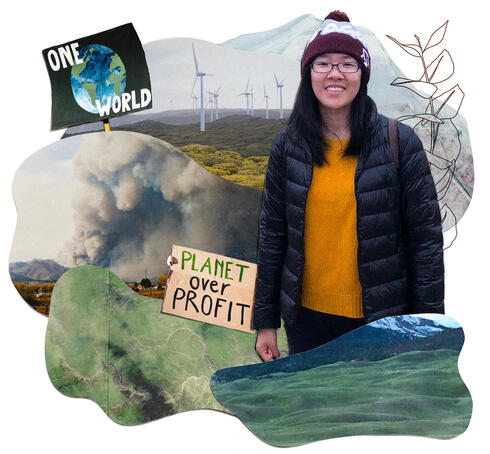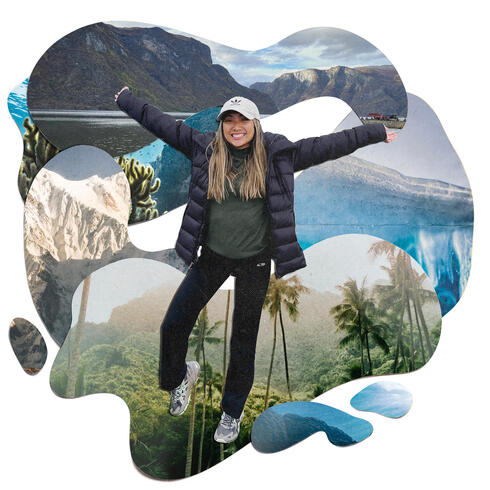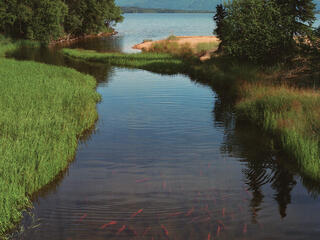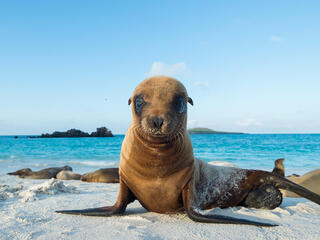But these gains are about more than meeting metrics. As climate change intensifies, the world needs conservationists with diverse backgrounds to tackle the critical threats facing the planet. “It’s important that the people working on solutions look like the people those solutions are going to help,” says Sumpter.
Research proves why. In the US and around the globe, racial and ethnic minority communities are more likely to suffer from the effects of climate change, such as air pollution, droughts, excessive heat, and flooding. These threats pose serious risks to people’s health and livelihoods—and they’re only getting worse.
Gaping inequities in how climate change affects marginalized communities inspired Francesca Edralin, a summer 2021 BRIDGE intern turned full-time WWF employee, to pursue a conservation career in the first place.
“Growing up, while visiting family in the Philippines, I noticed a big disparity with the climate crisis,” says Edralin, a first-generation Filipino American. During these trips, Edralin spoke with locals about the impacts they faced: severe drought, rising sea levels, and increased typhoon risks. “After returning to the US, though, I felt like a lot of people were in a bubble. It made me care about climate justice and spreading awareness, especially through an international lens.”
What’s more, barriers like limited access, economic insecurity, and gender biases tend to disproportionately keep people of color, Indigenous people, and women from entering the field of conservation. In 2021, a University of Vienna study analyzing the world’s top ecology, evolution, and conservation journals—the very journals that set climate priorities and agendas—found that only 11% of the journals’ more than 1,000 published authors were women, and 75% were from just five countries: the US, UK, Australia, Germany, and Canada.
Inclusivity and representation are essential to effective conservation action, and the need goes beyond roles in science and research. WWF designed BRIDGE to help students with various skill sets find their niche.
Interns work full-time, for two months, in one of more than a dozen WWF departments. Edralin interned in the organization’s marketing and communications department. Gao joined the science team. Others participate in everything from policy and climate to private-sector engagement and human resources. “We have opportunities that fit most school majors,” says Jessica Leung, WWF program manager for early talent diversity.




